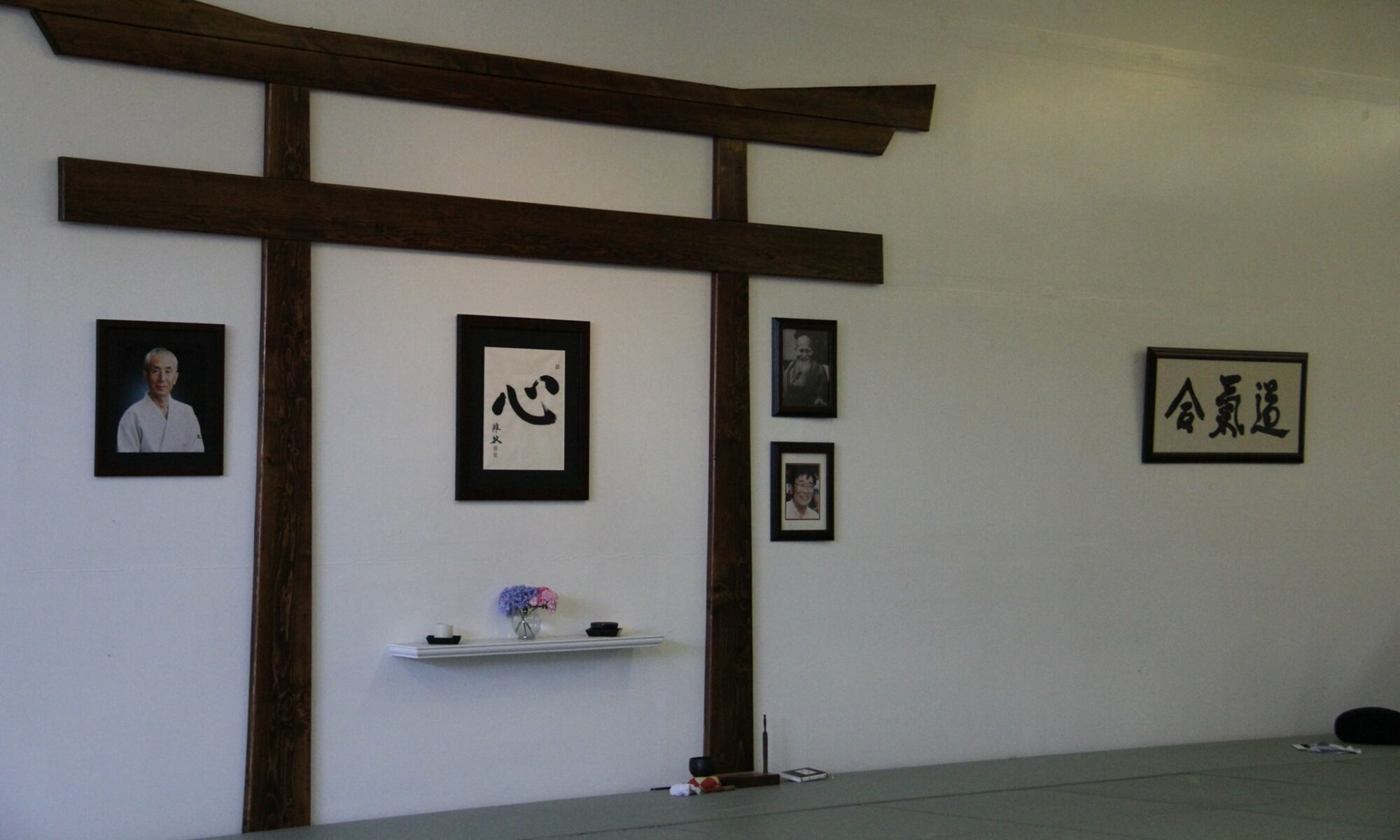We come to our dojo to train so that we’re better able to apply the principles of aikido in our daily lives…
Randori… or “one damn thing after another”… but in an optimistic way!
Last month, Aikido Olympia held Kangeiko, the annual winter intensive training week. All that week a group of dedicated students met from 5:30 to 6:15 each morning for a vigorous practice. This year, the vigorous practice focused on randori. Randori is a more advanced Aikido practice where one nage (thrower) is faced with multiple uke (attackers). For most people learning randori, it’s an intimidating and intense experience.
Like Randori, life is a series of opportunities that come at us quickly and with real energy and real risk. There is also real work that requires intention and focus as we complete each necessary task. Success in all of this could be viewed from a number of different perspectives but from an Aikido perspective, always being engaged in the thing we’re doing now and always being excited to do the next thing as it comes at us, is probably pretty close.
Back in our regular lives outside of the dojo, we all have multiple commitments, obligations, deadlines, and tasks that we must attend to. Some of us will compartmentalize these things in our mind by grouping certain activities as professional activities, daily activities, family activities, aikido practice, etc. Some of us will work to prioritize and organize all of the things we have to do by making lists and calendars, a couple of us might read a couple of the many books on how to get more done and how to be more productive. While there is value in any of these approaches, we must eventually dive in and start getting the work done – and usually getting it done to a standard.
In our Aikido practice, Randori is a training tool that we use to overcome the natural fear and hesitation in choosing what needs to be done first, second, or fifty-third and using our natural intuition to prioritize what we’re doing in a way that creates a flow. We also use Randori as a way to build our self-efficacy in moving from one activity to the next while being centered, present, and mindful as we do each activity completely. Like everything worth doing, it takes practice, persistence, and a fair amount of self-compassion.
By Nate Weed

